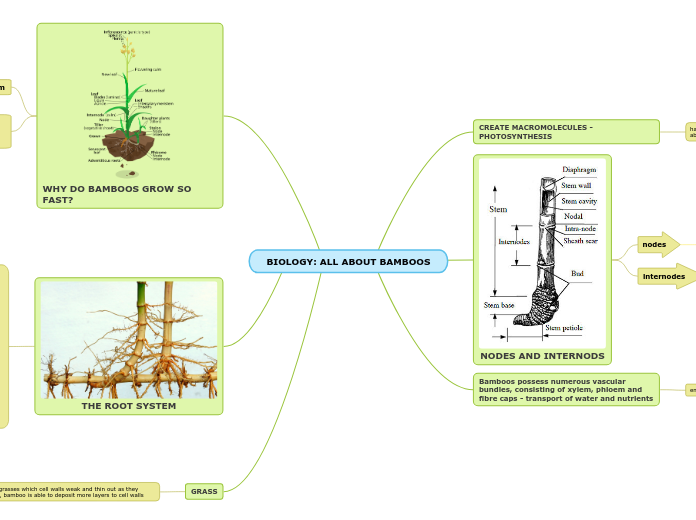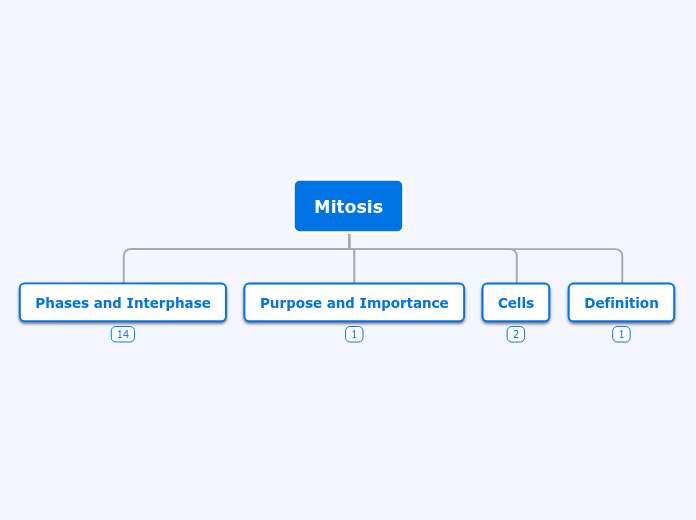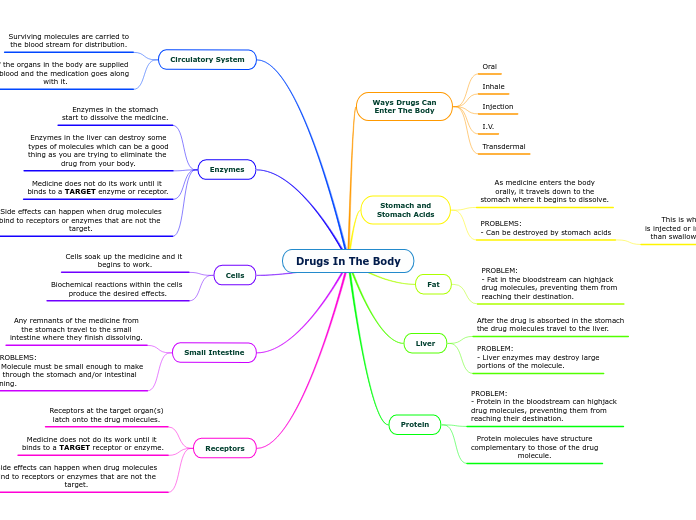BIOLOGY: ALL ABOUT BAMBOOS
Global warming is the ongoing rise of the average temperature of the Earth's climate system which has various negative effects.
GRASS
unlike grasses which cell walls weak and thin out as they stretch, bamboo is able to deposit more layers to cell walls
plant adaption:
THE ROOT SYSTEM
Overpopulation creates an increased demand for energy as well as having negative effects on our environment and ecosystems.
underground system of a bamboo stem/culm is known a rhizome; not roots - grow horizontally inside the soil and give rise to roots that are not too long
Water is essential for agricultural production and food security. It is the lifeblood of ecosystems, including forests, lakes, and wetlands.
Overpopulation affects our water and this has negative outcomes.
axillary buds on the rhizome can produce new rhizomes, or bamboo shoots which grow into culms
roots grow under the rhizomes
running bamboo
rhizomes that run horizontally under the ground. New buds and roots emerge from the nodes of the rhizomes. Most buds remain dormant but may develop into a new culm or it may develop into another new rhizome. Any new rhizomes will also run horizontally underground and produce more news culms and rhizomes. This growth behavior gives the bamboo a 'running' habit.
clumping bamboo
rhizomes that grow upwards developing into a new culm. New rhizomes emerge from buds on an existing rhizome and so forth. This accumulative effect causes the grove to expand slowly around the perimeter.
WHY DO BAMBOOS GROW SO FAST?
Climate change is likely to both increase electricity demand for cooling in the summer and decrease electricity, natural gas, heating oil, and wood demand for heating in the winter.
when bamboo plants are still small buds, they produce all of the cells they require to grow.
Finding reusable energy sources can be our first step towards conserving our environment.
unlike mitosis and those in animals, do not need to split apart as they expand; they stretch out.
Water fills the cells, causing them to expand rapidly
extensive root system
How will climate change affect the production of clean energy?
e.g.: solar, wind, water
multiple sections or nodes waiting to elongate; cells for this event are already in position for this explosive growth.
Bamboos possess numerous vascular bundles, consisting of xylem, phloem and fibre caps - transport of water and nutrients
embedded in parenchymatous tissues.
NODES AND INTERNODS
Healthy ecosystems and rich biodiversity are fundamental to life on our planet.
Even small changes in average temperatures can have a significant effect upon ecosystems.
internodes
Climate change will affect mountain and lowland ecosystems, the diversity of wildlife, and the distribution of freshwater.
e.g.: forest fires
completely hollow
nodes
Climate change is affecting the habitats of several species, which must either adapt or migrate to areas with more favorable conditions.
e.g.: natural habitat disappearing
grows new shoots and roots
CREATE MACROMOLECULES - PHOTOSYNTHESIS
has green pigment aka chlorophyll which helps in the absorption of the sunlight
alonside using carbon dioxide and water, glucose is formed -macro molecule used to derive energy for the various processes of the body of the bamboo









